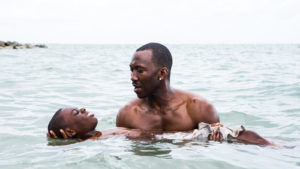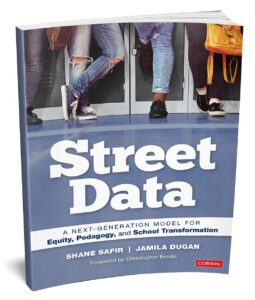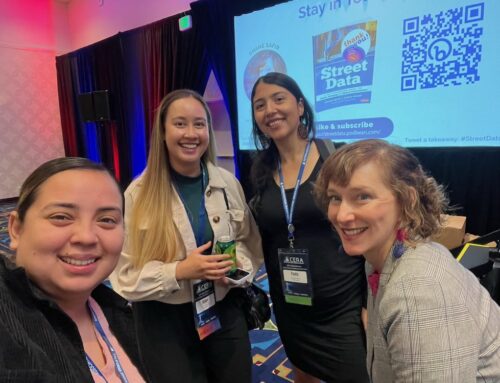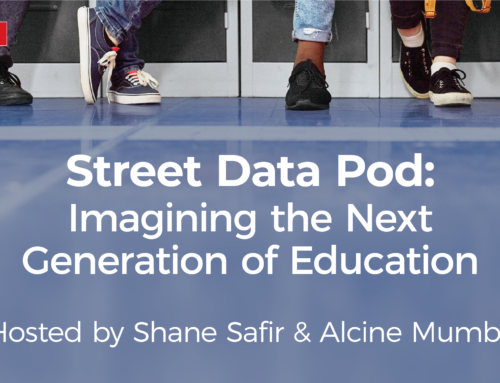 This year’s Academy Award-winning best picture “Moonlight” moved me deeply. I reflected on the film for days, retracing its finely wrought characters and quiet moments of transformation. It is a movie about pain and suffering and oppression, yes, but it is also a movie about healing and redemption. It is a movie about the power of being seen and held by another human being. And at its core, it is a movie about story… not the kind of vacuous, rabble-rousing narrative that passes for political discourse these days, but the unfolding of a person’s humanity through micronarratives — small moments of love and healing.
This year’s Academy Award-winning best picture “Moonlight” moved me deeply. I reflected on the film for days, retracing its finely wrought characters and quiet moments of transformation. It is a movie about pain and suffering and oppression, yes, but it is also a movie about healing and redemption. It is a movie about the power of being seen and held by another human being. And at its core, it is a movie about story… not the kind of vacuous, rabble-rousing narrative that passes for political discourse these days, but the unfolding of a person’s humanity through micronarratives — small moments of love and healing.
Chapter 2 of my forthcoming book, The Listening Leader: Creating the Conditions for Equitable School Transformation, offers five tenets of Listening Leadership, which are rooted in neuroscience. With Tenet 5, I argue that organizations harbor “core memories,” stories that give shape to a collective identity. Here is an excerpt of Chapter 2 that speaks to the power of the film Moonlight and the transformative possibility of listening as a leader:
“Tenet 5 (organizations have core memories) suggests a final brain mandate: embrace ‘storientation,’ or close attention to the role of stories in equitable school transformation. Notice and curate three types of story: self, other, and organization. First, think about who you are as a leader and who you aspire to be. Consider the pivotal moments that have shaped your journey. Share pieces of your story with students, parents, and colleagues to model social-emotional intelligence and the power of vulnerability.
Second, demonstrate curiosity about the stories of others. Ask people who they are and what they care about. Tap into personal narratives as a source of connection…
Finally, pay keen attention to your organization’s core memories. In Primal Leadership, Daniel Goleman writes that leaders ‘manage meaning’ for a group, ‘offering a way to interpret, and so react emotionally to, a given situation.’ Cue your brain to actively manage meaning for your team. Craft a hopeful, forward-moving story line.”
How do you tap into stories as a force for school transformation? What do you think of this concept of “storientation” as a foundational approach to leadership?
The Listening Leader is available for pre-order on Amazon and goes live on April 3rd. Please let me know your thoughts, questions, and reactions as you read!

 Enter your email here and get a free copy of the first chapter of Street Data!
Enter your email here and get a free copy of the first chapter of Street Data!




Leave A Comment
You must be logged in to post a comment.